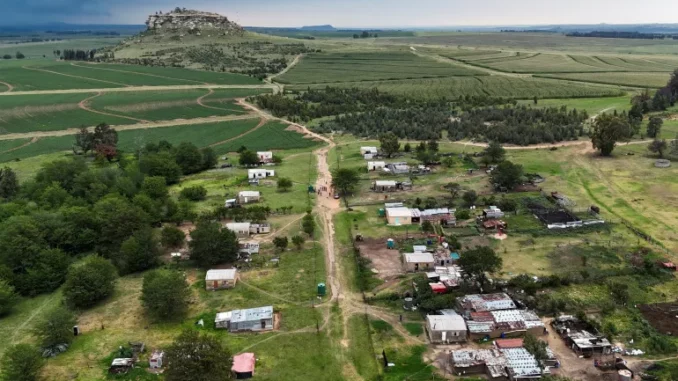
President Donald Trump’s recent executive order to offer asylum to white South Africans fleeing persecution has raised eyebrows and is unlikely to trigger the rush he anticipates.
The US president has linked his order to a controversial land expropriation law passed by South African President Cyril Ramaphosa, which seeks to redress historical inequalities in land ownership. However, Trump’s offer to resettle “Afrikaners” — white South Africans, largely descendants of Dutch and French settlers who still own most of the country’s farmland — may not appeal to many, as local right-wing white lobby groups remain focused on challenging the growing influence of Black majority rule within their own borders.
The proposed resettlement, intended for those facing racial discrimination, directly ties into the debate surrounding the land reform act. This law, which makes it easier for the government to expropriate land from private owners to address deep-rooted racial inequities, has sparked heated debates about the legacy of apartheid and the balance of power in a post-apartheid society. Despite Trump’s support for those he deems victims of persecution, many white South Africans, such as pensioner Neville van der Merwe, are sceptical. Van der Merwe questions why they would need to leave a country that, in his view, isn’t facing the dire consequences Trump suggests, with many whites feeling they are not in immediate danger.
Critics argue that Trump’s order fails to consider the complexities of South Africa’s land reform, which aims to right the wrongs of apartheid-era policies that left most of the land in the hands of the white minority. While the US president’s intervention may resonate with certain right-wing groups in South Africa, it overlooks the fact that many in the country view land redistribution as a necessary step for achieving social and economic equality. As the debate rages on, it remains to be seen whether Trump’s order will be seen as a genuine gesture of support or an unwelcome interference in South Africa’s internal matters.
